TEHRAN(Bazaar) – Tariq Raouf, former Director General of the Atomic Energy Agency says, Richard Nephew departure from US nuclear team would be helpful to the chances of an agreement in Vienna on sanctions relief.
He adds that Biden presidency is failing on the domestic front and also internationally, which is why after the defeat and withdrawal from Afghanistan, Biden immediately latched on to the Russian invasion threat to Ukraine and manufactured a crisis to try to bolster his standing.
Following is the text of the Bazaar interview with Tariq Raouf.
Bazaar: Recently, there was news about a change in the US nuclear negotiating team, and “Richard Nephew”, who is known as the designer of US sanctions against Iran, has left the team. Some see this change as a positive signal to Iran. What is your opinion?
Rauf: Richard Nephew is the key US official responsible for the U.S.’ Iran sanctions policy and he even wrote a book about it, “The Art of Sanctions”, and he believes that US sanctions drove Iran to the JCPOA in 2013-2015 but he also admits later that U.S sanctions policy has failed as Iran has found ways to circumvent sanctions even though paying a high economic cost. His departure would be helpful to the chances of an agreement in Vienna on sanctions relief.
Bazaar: If we assume that these changes are a positive signal to Iran, will the Biden government be able to be safe from the consequences of the attacks of the Republicans and the opponents of the JCPOA? Will there be no action to break the agreement in Congress?
Rauf: Biden presidency is failing on the domestic front and also internationally, which is why after the defeat and withdrawal from Afghanistan, Biden immediately latched on to the Russian invasion threat to Ukraine and manufactured a crisis to try to bolster his standing. In a sense he together with Boris Johnson is repeating the play card of Bush-Blair in 2003 to make a crisis over Iraq. Both Biden and Johnson are weak domestically. Unfortunately the Congress in under complete influence of conservative Christians and the Israeli lobby and demonizing Russia and Iran is good for their domestic constituencies. Whatever agreement is reached in Vienna will be attacked in Washington from both the left and the right.
Bazaar: Iran has recently stated that it is willing to negotiate directly with the United States on nuclear issues if sanctions are lifted. Meanwhile, the United States has already called for direct talks with Iran. Will Iran's action at this stage increase the likelihood of an agreement?
Rauf: Unlike in 2015 when the Iran and US delegations were led by experienced diplomats Zarif and Kerry, and experienced and technically competent nuclear officials Salehi and Moniz; now that experience is lacking and also both Zarif and Salehi understood how to deal with Americans. Now the teams are different, the US team is inexperienced and ideological, and the Iran team too is ideological and inexperienced in nuclear negotiations. But direct face to face political and technical talks would be useful.
Bazaar: The Qatari Foreign Minister will pay a short visit to Iran and the United States. Does this trip carry a message about the nuclear deal?
Rauf: Qatar may try to be a bridge-builder as its foreign policy and strategic interests are different from other Gulf States, and it hosts a huge US military base. But I doubt Qatar can be an influential player?
Bazaar: Meanwhile, Jake Sullivan recently met with Israeli officials to discuss an interim agreement with Iran, and White House Middle East Coordinator Brett McGurk said Iran and the United States were on the verge of a possible agreement to return to the JCPOA. And the Biden government is still focused on returning the nuclear deal and has no interest in a “less-for-less” interim deal. What is the reason for the Biden government's focus on the full revival of the JCPOA instead of the interim agreement (Iran had also rejected any interim agreement)?
Rauf: The Biden team is influenced by the breakout scenario and hence for domestic and Israeli purposes it would like to go to the 2015 JSPIA, and Iran too has suggested that with conditions. But now it will be very difficult for Iran to go to the original 2015 JCPOA, as it will need to mothball or dismantle advanced centrifuges and this will be unpopular in Iran with hardliners. The matter of compensation for sanctions also is difficult and for Iran to sell more oil will require a change in OPEC quotas which will be resisted given global economic slowdown effects on OPEC countries. But if price of oil goes up to $90 and higher then it might be easier for OPEC to adjust oil export quotas. Iran need to work with China and Russia to become a gas exporter and not burn gas at the oil wells.

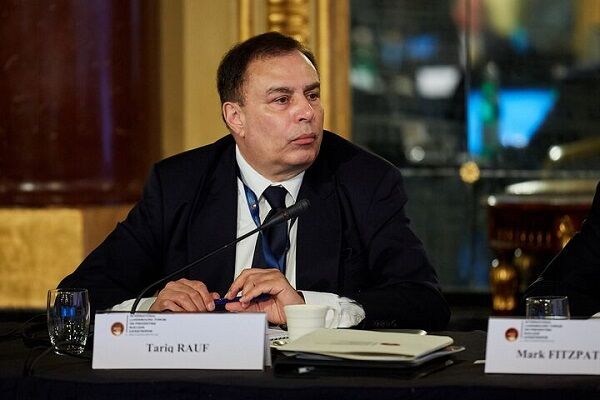



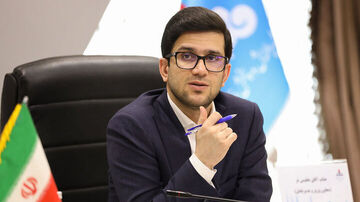

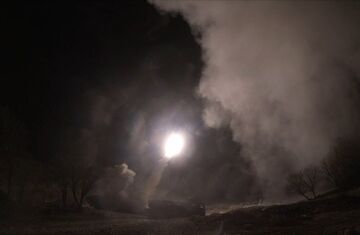


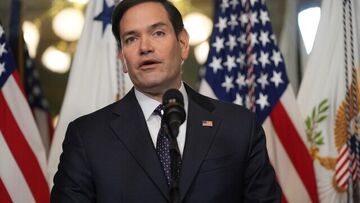

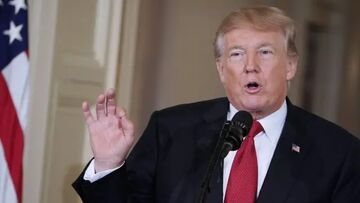


نظر شما